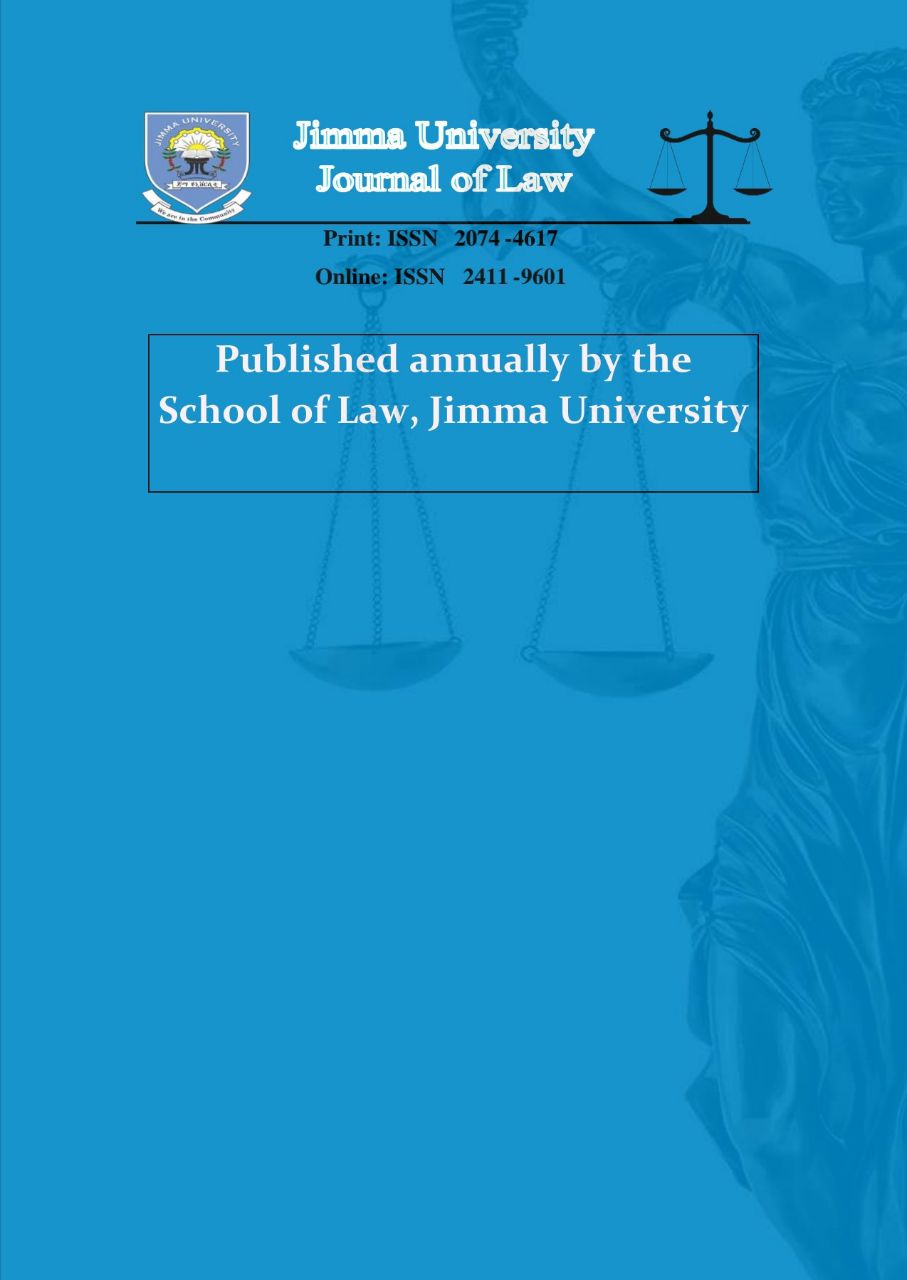The Crime of Drawing a Cheque without Cover under Ethiopian Law: Comment on Federal Supreme Court Cassation Decisions in Comparison with Indian Experience
Abstract
The Criminal Code criminalizes the act of drawing a cheque without cover. In several cases, the Federal Supreme Court Cassation Bench has ruled that personal/business relations between the drawer/endorser and payee/holder may be defenses in civil litigations involving payment for cheques. Conversely, it ruled in various cases that similar defenses do not apply to the crime of drawing a cheque without cover. In a recent case (Prosecutor v Yeshimebet Tilahun, File No. 161448) the Cassation Bench has modified its long-held stance by holding that a person accused of the crime of drawing a cheque without cover may be acquitted of criminal liability if he proves that the cheque was issued as a guarantee or collateral in accordance with the relevant provisions of the Commercial Code and Civil Code. However, it has been held that witness testimony is insufficient to prove this. This comment questions the appropriateness of denying the accused in criminal cases defenses allowed for defendants in civil litigations to invoke. To this end, it briefly examines relevant law, literature, and comparative experience from India. The author argues that the Cassation Bench needs to change its interpretation that makes criminal conviction likely easy in cases where there are possible defenses against civil liability. The author also recommends making the crime of drawing a cheque without cover punishable upon complaint.




